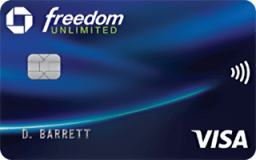Whether in person or online, Black-owned banks play a crucial role in empowering communities and fostering financial inclusion. Physical branches serve as cornerstones of trust, offering a welcoming space for personalized service and valued face-to-face connections. Meanwhile, the rise of digital banking has allowed institutions like OneUnited Bank to expand its reach, especially to those who are more likely to manage their finances online.
By tapping into the growing demand for mobile banking — used by 33% of Black consumers — and online banking (used by 20%), these banks provide modern, convenient services that help them stay competitive with larger institutions. In doing so, they help close financial gaps and bring a sense of pride and ownership to underserved communities.












